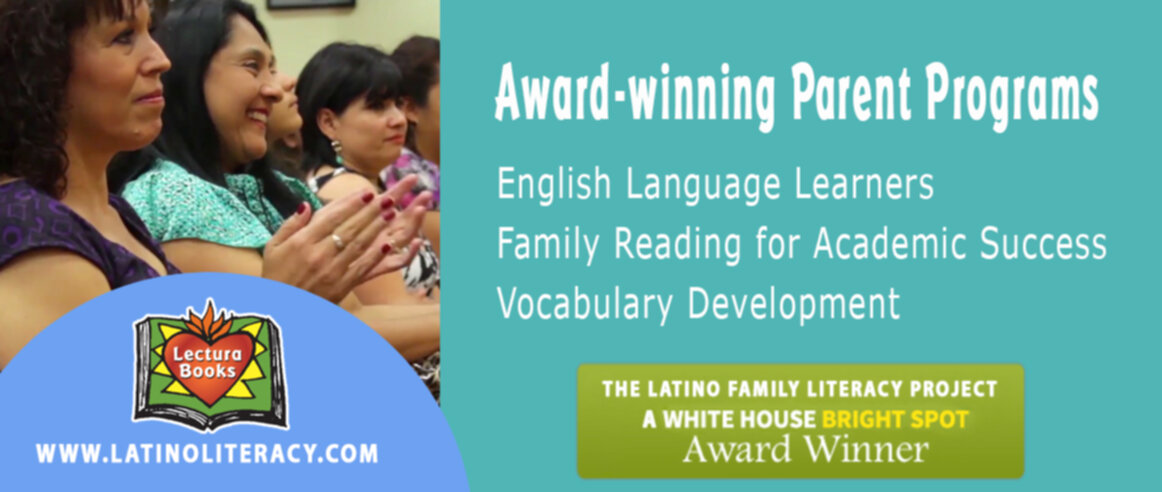Schools should consider adopting this statement “parents as school partners,” as their motto, because these four words say so much. It’s tough to consider how parents and schools could not go hand-in-hand with one another. However, because kids and families come in all shapes, colors and sizes, it’s inevitable that some are going to get lost in the shuffle. What needs to be kept in mind, though, is when there’s a strong alliance between parents and schools, then that could shorten that “lost in the shuffle” period of time considerably. Let’s delve into the different ways that schools can get parents more involved.

According to an article on the teachers’ website, Edutopia, the schools with active parent involvement strategies are getting super creative about making that connection. A number of them, for instance, are using Facebook and other social media to prompt conversations with parents. Other schools, the website states, are offering new takes on traditional ideas, like making reading a family affair.
In a workshop for teachers, an associate professor from California State University, Northridge, outlined some terrific suggestions from the PTA to help create that bond, such as:
— welcoming and acknowledging parents as school partners.
— encouraging on-going and active parent participation.
– inviting parents to act as full partners in the decision-making process that will affect their kids.
— establishing regular communication between a child’s school and home and school.
The research-based, educational website for parents and schools, Roots of Action, considers mutual goal-setting to be another terrific way to foster parent involvement—working side-by-side, basically, to collaborate on how to optimize a child’s learning. The organization adds that when parents have the opportunity to participate in the problem-solving process, that that’s when they become part of the solution.
Finding educational programs that support ELL students’ first language, such as The Latino Family Literacy Project, can make an enormous difference on their overall academic and language acquisition success.
